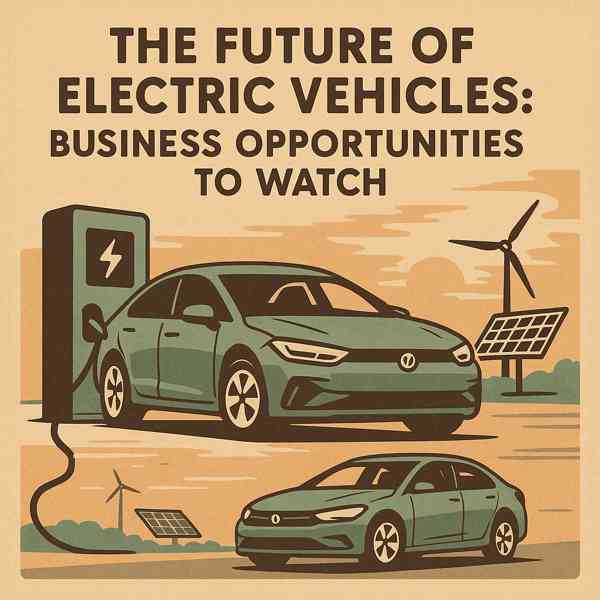
Electric vehicles (EVs) are revolutionizing the way we think about transportation.
As battery technology improves and infrastructure expands, owning an electric vehicle has never been more accessible.
The Basics of Electric Vehicles
Unlike gasoline-powered cars, EVs produce cleaner transportation outcomes.
Main elements of an electric vehicle:
- Drives the wheels using electricity
- Stores the electrical energy
- Power electronics
- Charging system
Electric vehicles come in various types, such as battery electric vehicles (BEVs)—each with different levels of electrification.
Benefits of Electric Vehicles
The rise of electric vehicles is fueled by their positive environmental impact.
Why EVs are gaining popularity:
- Electricity is cheaper than gas
- No tailpipe emissions
- Less noise and vibration
- Government incentives and tax credits
For eco-conscious and cost-aware drivers, electric vehicles are an increasingly smart choice.
Challenges of Electric Vehicles
Understanding the limitations of electric vehicles will help you make an informed decision.
EV challenges to consider:
- Shorter range compared to gas vehicles
- Charging infrastructure gaps
- Though often offset by long-term savings
- Batteries degrade over time
As technology advances and infrastructure improves, many of these challenges are becoming less significant.
Exploring EV Variants
EVs vary by power source, range, and usage.
EV formats explained:
- Battery Electric Vehicles (BEVs)
- Electric motor with backup gasoline engine
- Hybrid Electric Vehicles (HEVs)
- Fuel Cell Electric Vehicles (FCEVs)
Each type has its pros and cons, so buyers should understand the differences.
Understanding Charging Options
Charging an website electric vehicle is simple once you understand your options.
Main EV charging options include:
- Level 1 Charging
- Level 2 Charging
- DC Fast Charging
- Wireless or inductive charging (emerging tech)
As public charging networks expand, EV owners will enjoy even more freedom, flexibility, and convenience.
What’s Next for EVs?
Electric vehicles are here to stay.
Trends shaping the future include:
- Solid-state battery technology
- Vehicle-to-grid (V2G) integration
- The future of hands-free travel
- More choices at lower prices
As innovation continues, EVs will become more mainstream and essential.
Final Thoughts on Electric Vehicles
With growing demand and continuous improvement, EVs are becoming a future-proof option for more drivers every day.
From environmental benefits to cutting-edge tech, electric vehicles offer a sustainable alternative to traditional cars.